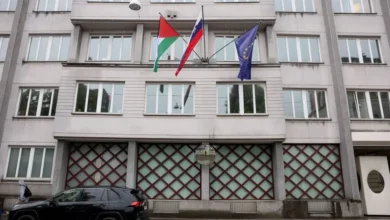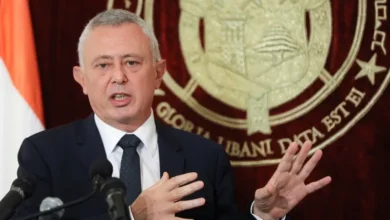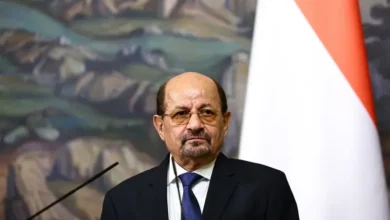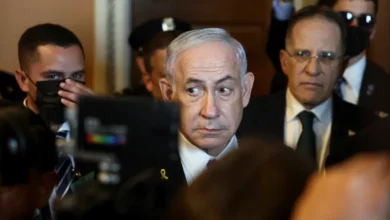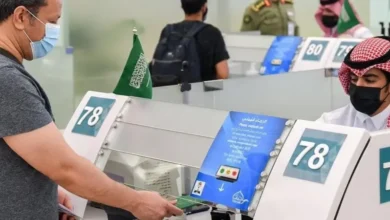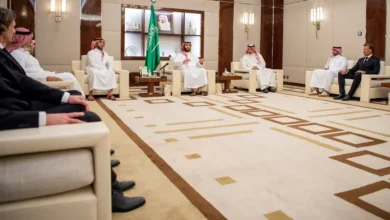UN appoints UAE artificial intelligence minister to High-Level AI Advisory Body
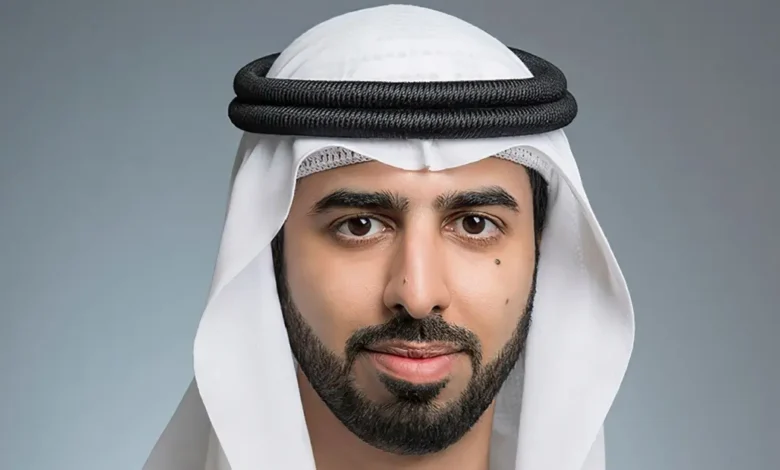
UN Secretary-General António Guterres has appointed Omar Sultan Al Olama, the Minister of State for Artificial Intelligence, Digital Economy, and Remote Work Applications of the United Arab Emirates, to the High-Level AI Advisory Body, the official Emirati News Agency (WAM) reported on Friday.
The formation of this international body aims to promote cooperation among stakeholders to govern AI in the face of rapid technical advancements and contribute to a more effectively governed AI worldwide.
“The last year has seen an extraordinary advance in the capabilities and use of artificial intelligence (AI), through chatbots, voice cloning, image generators, video apps and more,” Secretary-General Antonio Guterres said.
He called on the panel to race “against the clock” and make recommendations on how to govern the use of AI by the end of 2023, identifying the risks it poses and the opportunities it presents.
“In our challenging times, AI could power extraordinary progress for humanity,” Guterres said, referring to advances in areas like public health, education and even the fight against climate change.
“But all this depends on AI technologies being harnessed responsibly.”
He said the groundbreaking technology is “concentrated in a handful of companies and countries.”
“The potential harms of AI extend to serious concerns over misinformation and disinformation; the entrenching of bias and discrimination; surveillance and invasion of privacy; fraud, and other violations of human rights,” he warned.
Guterres said he didn’t want to enter into doomsday scenarios, but noted that “AI could undermine trust in institutions, weaken social cohesion, and threaten democracy itself.”
According to WAM, the High-Level AI Advisory Body consists of 38 experts in technology, law and personal data protection — coming from academia, government and the private sector — to sit on the panel.
Notable members of the advisory body include Carme Artigas, Secretary of State for Digitization and Artificial Intelligence in Spain; Ian Bremmer, President and Founder of Eurasia Group; Natasha Crampton, Chief Responsible AI Officer at Microsoft; Hiroaki Kitano, Chief Technology Officer of Sony Group; Haksoo Ko, Lead of the Personal Information Protection Commission in Korea; Mira Moratti, Chief Technology Officer of Open AI; and Amandeep Singh Gill, UN Secretary-General Envoy on Technology.
Omar Al Olama is attributing this recognition to the country’s visionary leadership, which he says has focused on addressing future challenges, developing advanced AI solutions, and fostering international cooperation to shape a better future, WAM added.
“Joining the UN Advisory Body on AI is a great opportunity for driving a qualitative leap in the joint international efforts aiming to establish a comprehensive governance system for AI-related fields,” Al Olama remarked.
He stressed the importance of creating a system that harnesses AI’s potential, ensures countries and societies actively participate in technological development, and maintains a balance between humans and machines in a safe, inclusive technological ecosystem.
According to WAM, the UN Advisory Body’s primary objectives include supporting the UN Secretary-General and member states in building a global consensus on AI-related risks and challenges. It also aims to explore ways to utilize artificial intelligence to achieve sustainable development goals and promote international cooperation in AI management.

